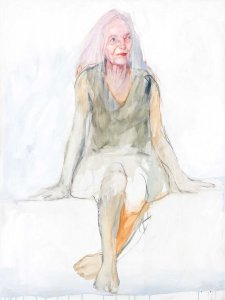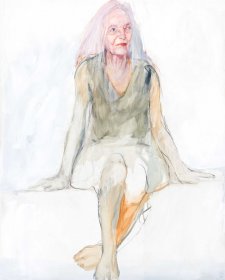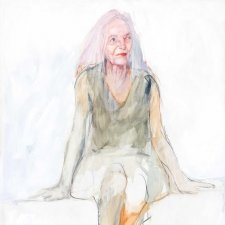Max Schubert AM (1915–1994), winemaker, was born in the Barossa Valley to German parents who were devoutly religious and spoke German at home. When Max was five they moved from their mud cottage to Nuriootpa, where the boy gained odd jobs. However, his first and last permanent employment was with Penfold’s, where he started full-time mixed menial work when he was fifteen and was essentially chief winemaker from 1948 until 1975. Schubert’s great achievement was Grange. In late 1949 he was sent to France, where he visited the great estates of the Medoc and evaluated rare old vintages. Back in Adelaide, he combined French ideas, Australian techniques and chemistry he learned at Penfold’s to make his first experimental wine in 1951. The following year saw the first commercial release of Grange Hermitage. In 1957, however, the Sydney-based Penfold’s board rejected Grange. Thousands of miles away, Schubert hid his existing bottles and continued his experiments in secret, sharing his results with friends only. In the late 1950s Penfold’s management sampled the 1951 and 1955 vintages again, liked them better, and authorised the recommencement of production. Now, Grange is recognised as one of the most tradeable wines in the world; heritage-listed, it is the pride of South Australia.
Collection: National Portrait Gallery
Purchased 2014
The National Portrait Gallery respects the artistic and intellectual property rights of others. Works of art from the collection are reproduced as per the
Australian Copyright Act 1968 (Cth). The use of images of works from the collection may be restricted under the Act. Requests for a reproduction of a work of art can be made through a
Reproduction request. For further information please contact
NPG Copyright.















